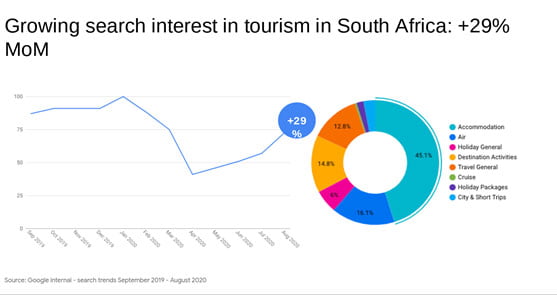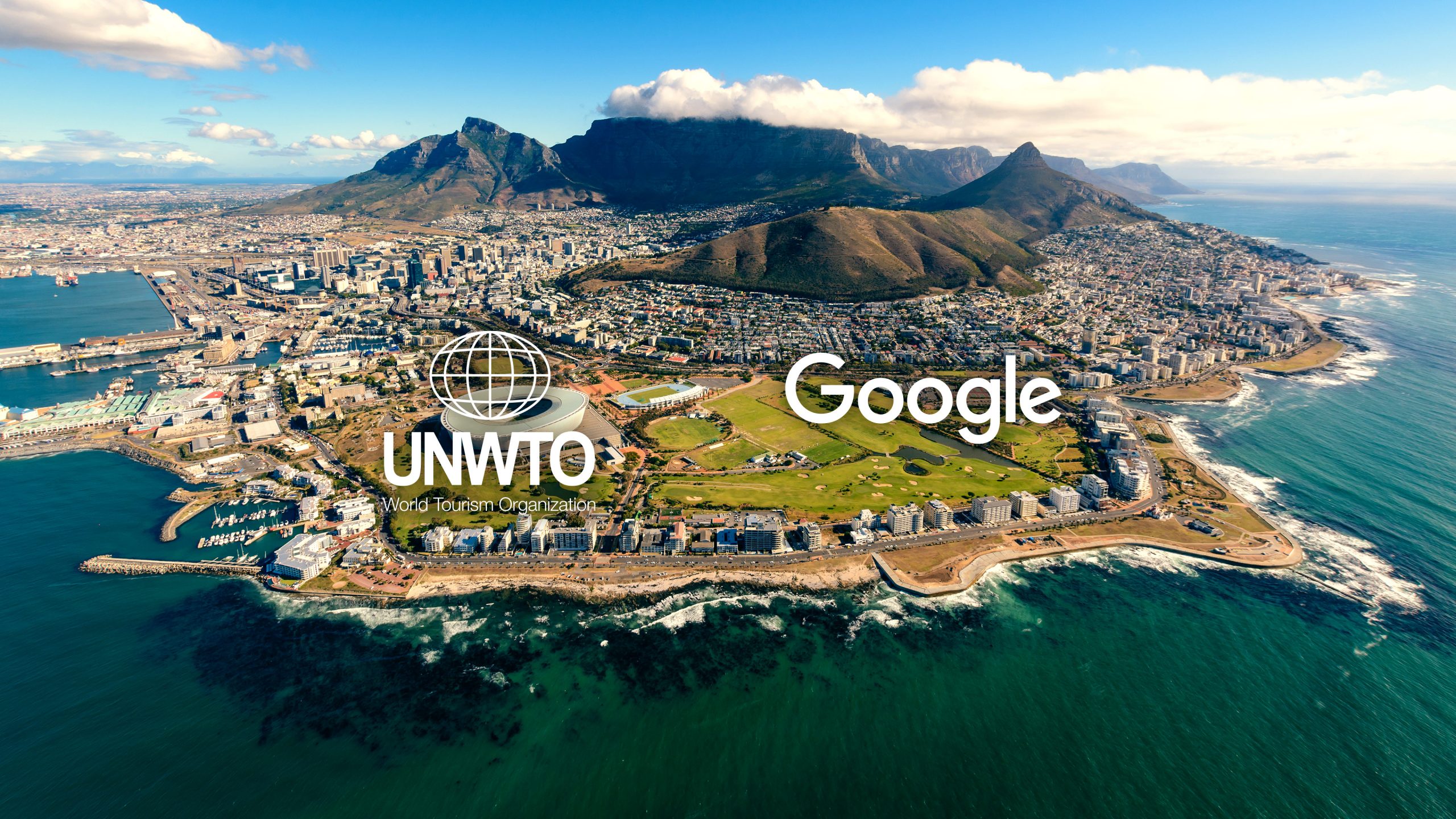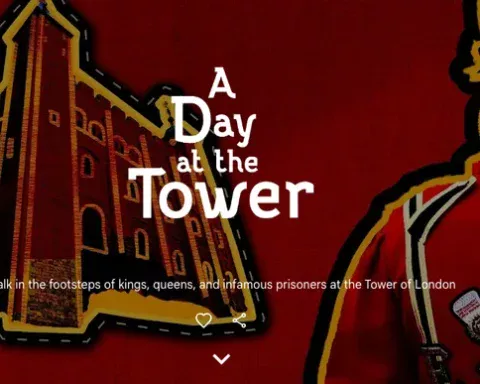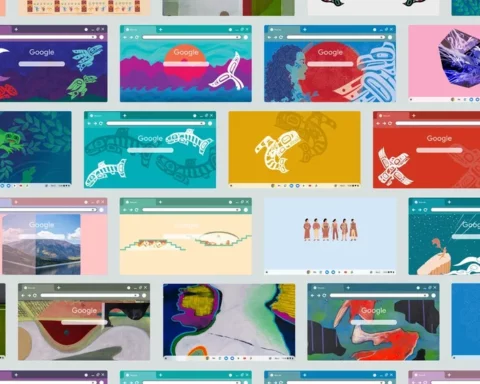he Covid-19 crisis has disproportionately affected tourism, a sector that accounts for millions of jobs around the globe. While no one can say with certainty when tourism will recover, people are starting to dream again of getaways whether closer to home or to remote destinations. As more and more people go online to search where and when they can travel, accelerating the digitalization of the tourism sector will be key to adapting to the new tourism reality.
That is why the United Nations World Tourism Organization (UNWTO) and Google have partnered for an online Acceleration Program for UNWTO Member States’ tourism ministers, top travel associations and tourism boards to further develop innovation and digital transformation skills.
Today, ahead of World Tourism Day, we hosted our first UNWTO & Google Tourism Acceleration Program focused on insights from South Africa, Kenya and Nigeria. Tourism is the backbone of many economies around the world. As data from UNWTO shows, tourism represents 9% of global trade for Africa and 1 in 10 jobs directly and indirectly. Moreover, the sector drives inclusive growth, as women make 54% of the workforce.
“UNWTO is committed to helping Africa grow back stronger,” said Natalia Bayona, UNWTO Director of Innovation, Digital Transformation and Investments. “With the right policies, training and management in place, innovation and technology have the potential to foster new and better jobs and business opportunities for tourism in Africa while improving the overall wellbeing and prosperity of the region”.
Market intelligence and insights are more important than ever to understand consumers and drive recovery. In line with the ongoing UNWTO training programme on data and intelligence for Africa, this partnership with Google allows UNWTO to strengthen Africa’s data and digital skills” said Sandra Carvao, UNWTO Chief of Market Intelligence and Competitiveness
Africa is home to 30% of the world’s population, adding every year hundreds of millions of new online users. Google is a highly trusted partner in Africa to find relevant and reliable information, and Search is one of the places they go when researching and booking travel.
“We’re here to help the tourism sector rise up from this unprecedented crisis and emerge stronger. Our travel data insights and tools can help tourism authorities identify and understand the barriers and drivers to visit travel destinations for better tourism planning.” said Doron Avni, Google’s Director of Government Affairs and Public Policy for Emerging Market.
The session included the presentation of latest UNWTO impacts assessment and as well as the new UNWTO Tourism Recovery Tracker, the most comprehensive insights dashboard on tourism indicators.
Below are some of the Sub-Saharan Africa travel data insights shared with participants in today’s session:
South Africa
Google Search data shows some encouraging signs of increased interest in tourism in the region:


Kenya
The top three questions users asked Google globally related to travel conducted in July comprised “When can we travel again,” “when will international travel resume,” and “when will it be safe to travel again.” while top questions in August were related to where and when we can travel “right now”. In fact, 45% of the top 100 questions related to travel focused on the impact of COVID-19, the need to travel as soon as possible and travel safety.


Source: Google internal search trends data 2018 – August 2020
Since Nigeria announced the intention to reopen its borders to international travel on August 29th, search interest for travel has grown.

Source: Google trends data 2018 – August 2020

This slowdown presents a unique opportunity to rethink tourism, innovate and further develop the digital transformation of the sector so it can build the foundations for future sustainable growth.





